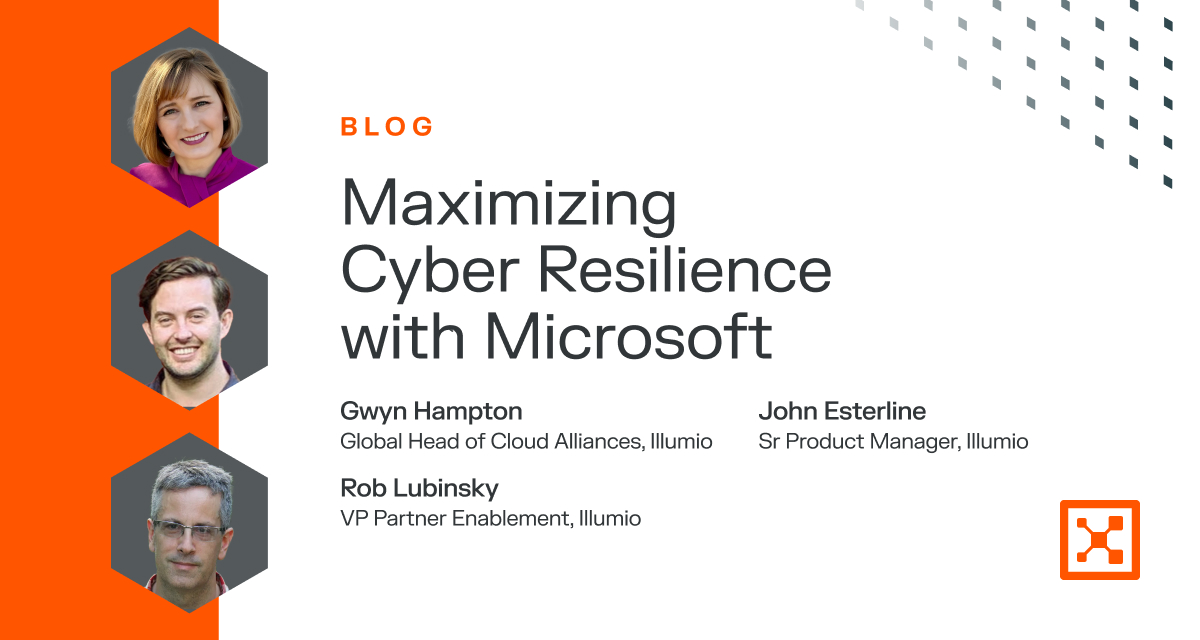Cloud Workload Protection
Cloud applications and workloads are distributed across the country or the world to provide speed, access, and scalability. Cloud workload protection keeps these workloads secure as they move between different cloud environments. Older security strategies like endpoint protection and firewalls miss what is happening in the cloud environment.
Why Is Cloud Workload Protection Important?
Cloud workloads can be defined as the virtual machines, containers, services, and functions that use and store data as well as the network resources that make distributed applications possible. A complete workload consists of an application and all the underlying technology it needs to function.
This workload may have been handled by one physical machine or a cluster of them in an in-house data center in the past. The traditional security model had some effectiveness in this type of environment because the workload was located in one physical location that was segregated from the Internet.
With modern cloud services, applications can consist of a front end, multiple distributed microservices, and database clusters. In this environment, apply security at the workload level to ensure data security as it passes through services to the final user. Combine this complexity with a hybrid cloud environment that can consist of public cloud services, private cloud platforms, and on-premise machines that can indicate when the need for workload protection increases.
Features of a Cloud Workload Protection Platform (CWPP)
Cloud workload protection platforms are technology solutions that secure workloads as they are in transit between various cloud platforms and in-house data centers. To do this, a cloud workload protection platform uses the following technologies:
- Runtime monitoring and protection: Image scanning does provide some security but cannot detect attacks as they occur. Servers can be misconfigured, and vulnerabilities can be exploited before they can be patched. Once a container is deployed, it can still be compromised. Monitoring deployments at runtime is required to secure servers and the cloud environments they are deployed to.>
- Micro-segmentation: Using micro-segmentation, IT professionals can subdivide a cloud environment into separate segments down to the workload level. Next, they can define custom security policies for each segment. This segregation prevents threats from traveling through a network, even if one segment is compromised.
- Bare metal hypervisor: A bare-metal hypervisor separates physical computer hardware into virtual machines. These virtual machines are isolated from each other, preventing threats that infect one machine from infecting any of the others.
The Benefits of Cloud Workload Protection
A CWPP can protect your data as it transits between environments. By protecting data at the workload level, cloud workload protection can provide more security than traditional security has in traditional data centers. Here are some benefits to cloud workload protection:
- Up-to-date threat intelligence to stop threats before they do any damage
- Memory protection to stop memory weakness exploits
- Workload behavior monitoring to detect any anomalies that could indicate a threat as they occur
- Workload configuration and visibility
- Centralized log management and monitoring that gives visibility into every system from one location
Conclusion
In today's cloud-based IT environment, the security methods that worked for traditional in-house data centers fall short. In an environment that is accessible from the Internet by default, cloud workload protection is a necessity. CWP will provide visibility and security to multiple environments and the data that is transferred between them.
.png)
%20(1).webp)

.webp)
.webp)










.webp)





